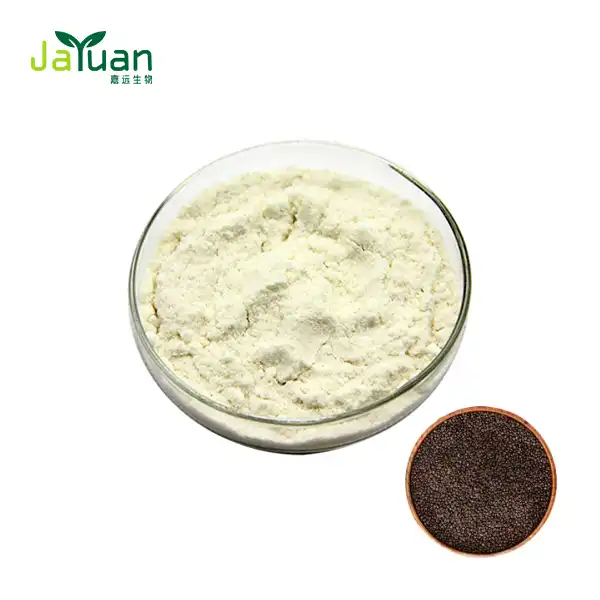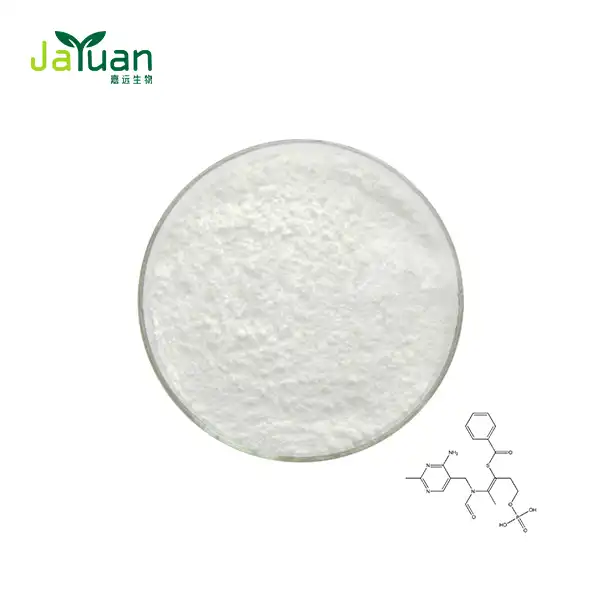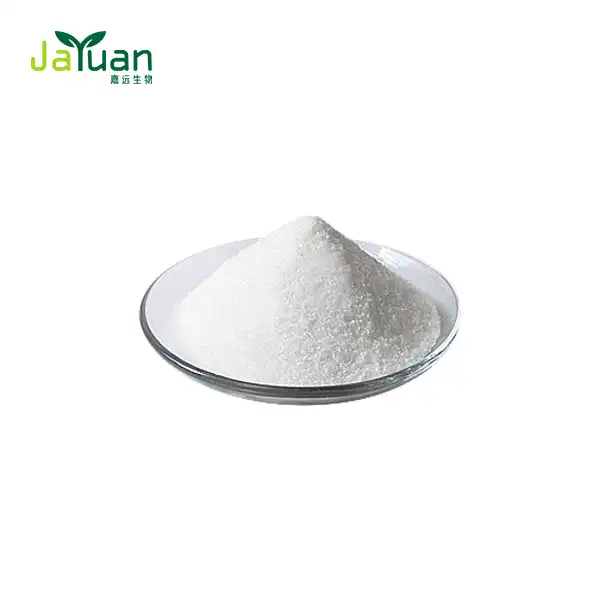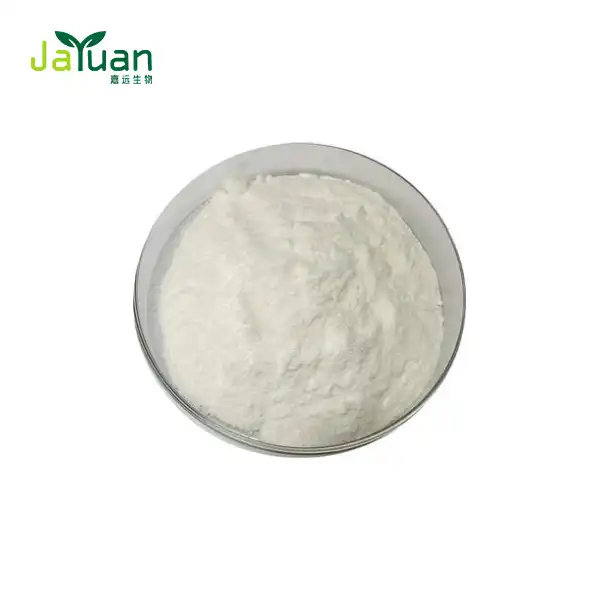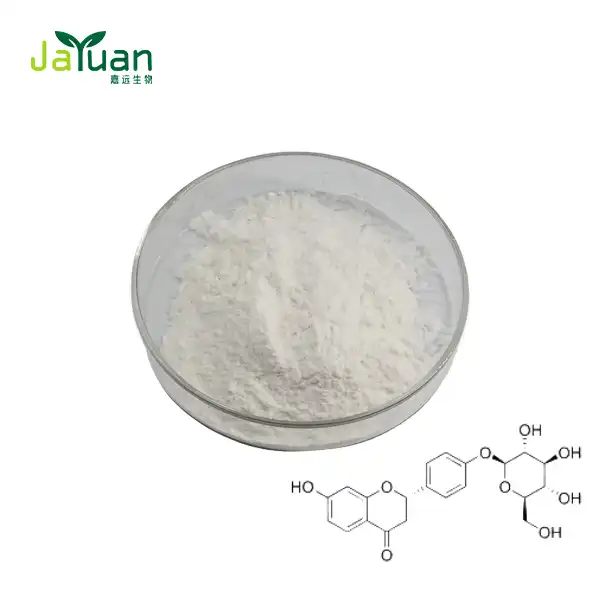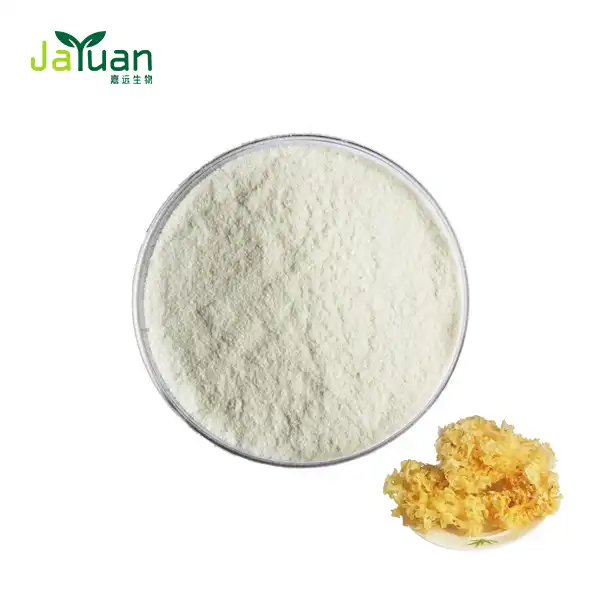Why is acai berry powder considered a high-antioxidant supplement?
Acai berry powder has gained significant popularity in recent years as a potent antioxidant supplement. This superfood, derived from the acai palm trees native to the Amazon rainforest, has been lauded for its exceptional nutritional profile and potential health benefits. In this article, we'll explore why acai berry powder is considered a high-antioxidant supplement and how it compares to other foods in terms of antioxidant capacity.

How does acai berry powder compare to other foods in ORAC value?
One of the primary reasons acai berry powder is considered a high-antioxidant supplement is its impressive ORAC (Oxygen Radical Absorbance Capacity) value. ORAC is a measure of the total antioxidant capacity of a food or substance. The higher the ORAC value, the greater the antioxidant potential.
Acai berries boast an ORAC value that surpasses many other well-known antioxidant-rich foods. For instance, the ORAC value of acai berries is estimated to be around 102,700 per 100 grams, which is significantly higher than other popular antioxidant-rich fruits:
- Blueberries: 4,669 per 100 grams
- Raspberries: 5,065 per 100 grams
- Cranberries: 9,090 per 100 grams
- Blackberries: 5,347 per 100 grams
This remarkable ORAC value indicates that acai berries, and by extension, acai berry powder, have an extraordinary capacity to neutralize harmful free radicals in the body. Free radicals are unstable molecules that can damage cells and contribute to various health issues and accelerated aging.
It's important to note that while ORAC values provide a useful comparison of antioxidant potential, they don't necessarily translate directly to health benefits in the human body. However, they do offer valuable insights into the antioxidant capacity of different foods.

Can acai berry powder combat oxidative stress better than blueberries?
Blueberries have long been hailed as an antioxidant powerhouse, but how does acai berry powder stack up against this popular superfood? While both are excellent sources of antioxidants, acai berries appear to have an edge in several aspects:
- Anthocyanin Content: Acai berries contain higher levels of anthocyanins, a type of flavonoid with potent antioxidant properties. These compounds are responsible for the deep purple color of acai berries and contribute significantly to their antioxidant capacity.
- Diversity of Antioxidants: Acai berries offer a more diverse range of antioxidants compared to blueberries. They contain various polyphenols, including procyanidins, protocatechuic acid, and ferulic acid, which work synergistically to combat oxidative stress.
- Lipid Profile: Unlike blueberries, acai berries have a unique lipid profile that includes heart-healthy monounsaturated fats and omega-3 fatty acids. These fats may enhance the absorption and utilization of fat-soluble antioxidants in the body.
- Concentrated Form: Organic acai berry powder is a concentrated form of the fruit, meaning you can consume a higher amount of antioxidants in a smaller serving compared to fresh blueberries.
While blueberries remain an excellent source of antioxidants, the unique composition and concentrated nature of acai berry powder may give it an advantage in combating oxidative stress more effectively.
Scientific evidence on acai berry powder's free radical scavenging ability
The free radical scavenging ability of acai berry powder has been the subject of numerous scientific studies. These investigations have provided compelling evidence supporting the potent antioxidant properties of this Amazonian superfruit:
- In Vitro Studies: Laboratory studies have demonstrated the remarkable capacity of acai berry extracts to neutralize various types of free radicals, including superoxide, peroxyl, and hydroxyl radicals. These studies have confirmed the high antioxidant activity suggested by ORAC values.
- Cellular Protection: Research has shown that acai berry extracts can protect cells from oxidative stress-induced damage. In one study, acai pulp extract was found to reduce DNA damage and lipid peroxidation in human endothelial cells exposed to oxidative stress.
- Bioavailability: A human intervention study published in the Journal of Agricultural and Food Chemistry found that the consumption of acai pulp and juice increased plasma antioxidant capacity, suggesting that the antioxidants in acai are bioavailable and can exert effects in the body.
- Anti-Inflammatory Properties: The antioxidants in acai berries have also demonstrated anti-inflammatory effects in various studies. This is significant because inflammation and oxidative stress are closely linked, and reducing inflammation can help mitigate oxidative damage.
- Potential Neuroprotective Effects: Some studies have suggested that the antioxidants in acai berries may have neuroprotective properties. A study published in the Journal of Agricultural and Food Chemistry found that acai pulp extract protected brain cells against oxidative stress and inflammation in an animal model.
While these studies provide promising evidence for the antioxidant potential of acai berry powder, it's important to note that more research, particularly long-term human studies, is needed to fully understand the extent of its benefits and optimal usage.
Conclusion
Acai berry powder is considered a high-antioxidant supplement due to its exceptional ORAC value, diverse antioxidant profile, and scientific evidence supporting its free radical scavenging abilities. Its concentrated form allows for easy incorporation into daily diets, potentially offering a powerful boost to the body's antioxidant defenses. As with any supplement, it's advisable to consult with a healthcare professional before adding acai berry powder to your regimen, especially if you have any pre-existing health conditions or are taking medications.
Are you interested in incorporating high-quality acai berry powder into your product line or research? At Xi'an Jiayuan Bio-Tech, we specialize in producing premium plant extracts, including organic acai berry powder. Our team of experts ensures the highest standards of quality and purity in all our products. For more information or to discuss your specific needs, please don't hesitate to reach out to us at sales@jayuanbio.com, sales1@jayuanbio.com. Let's work together to harness the power of nature's superfoods for your business or research endeavors.
References
1. Schauss, A. G., et al. (2006). Antioxidant capacity and other bioactivities of the freeze-dried Amazonian palm berry, Euterpe oleracea mart. (acai). Journal of Agricultural and Food Chemistry, 54(22), 8604-8610.
2. Mertens-Talcott, S. U., et al. (2008). Pharmacokinetics of anthocyanins and antioxidant effects after the consumption of anthocyanin-rich acai juice and pulp (Euterpe oleracea Mart.) in human healthy volunteers. Journal of Agricultural and Food Chemistry, 56(17), 7796-7802.
3. Jensen, G. S., et al. (2008). In vitro and in vivo antioxidant and anti-inflammatory capacities of an antioxidant-rich fruit and berry juice blend. Results of a pilot and randomized, double-blinded, placebo-controlled, crossover study. Journal of Agricultural and Food Chemistry, 56(18), 8326-8333.
4. Poulose, S. M., et al. (2012). Anthocyanin-rich açai (Euterpe oleracea Mart.) fruit pulp fractions attenuate inflammatory stress signaling in mouse brain BV-2 microglial cells. Journal of Agricultural and Food Chemistry, 60(4), 1084-1093.
5. De Souza, M. O., et al. (2010). Diet supplementation with acai (Euterpe oleracea Mart.) pulp improves biomarkers of oxidative stress and the serum lipid profile in rats. Nutrition, 26(7-8), 804-810.
6. Spada, P. D., et al. (2009). Frozen fruit pulp of Euterpe oleraceae Mart. (Acai) prevents hydrogen peroxide-induced damage in the cerebral cortex, cerebellum and hippocampus of rats. Journal of Medicinal Food, 12(5), 1084-1088.

